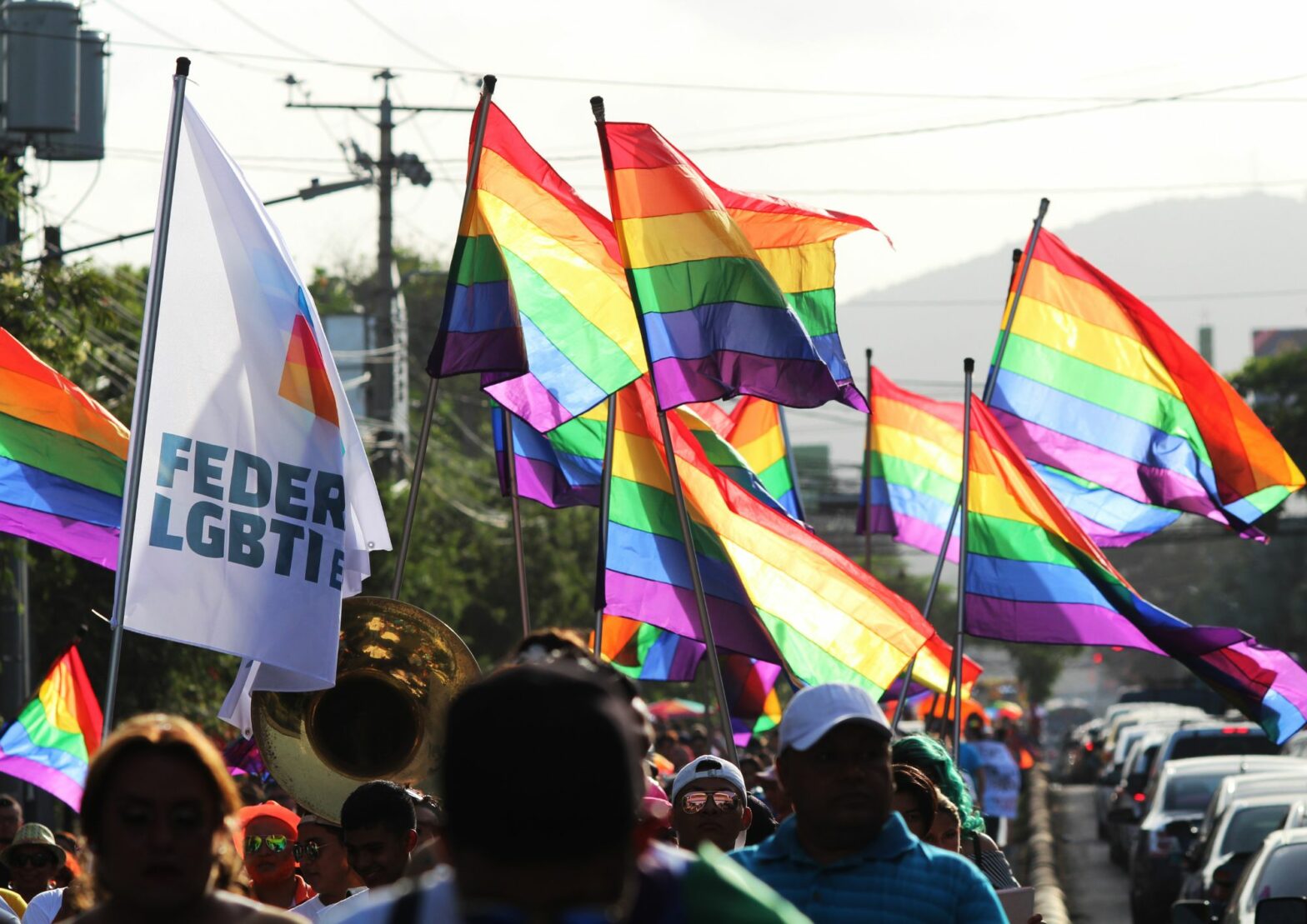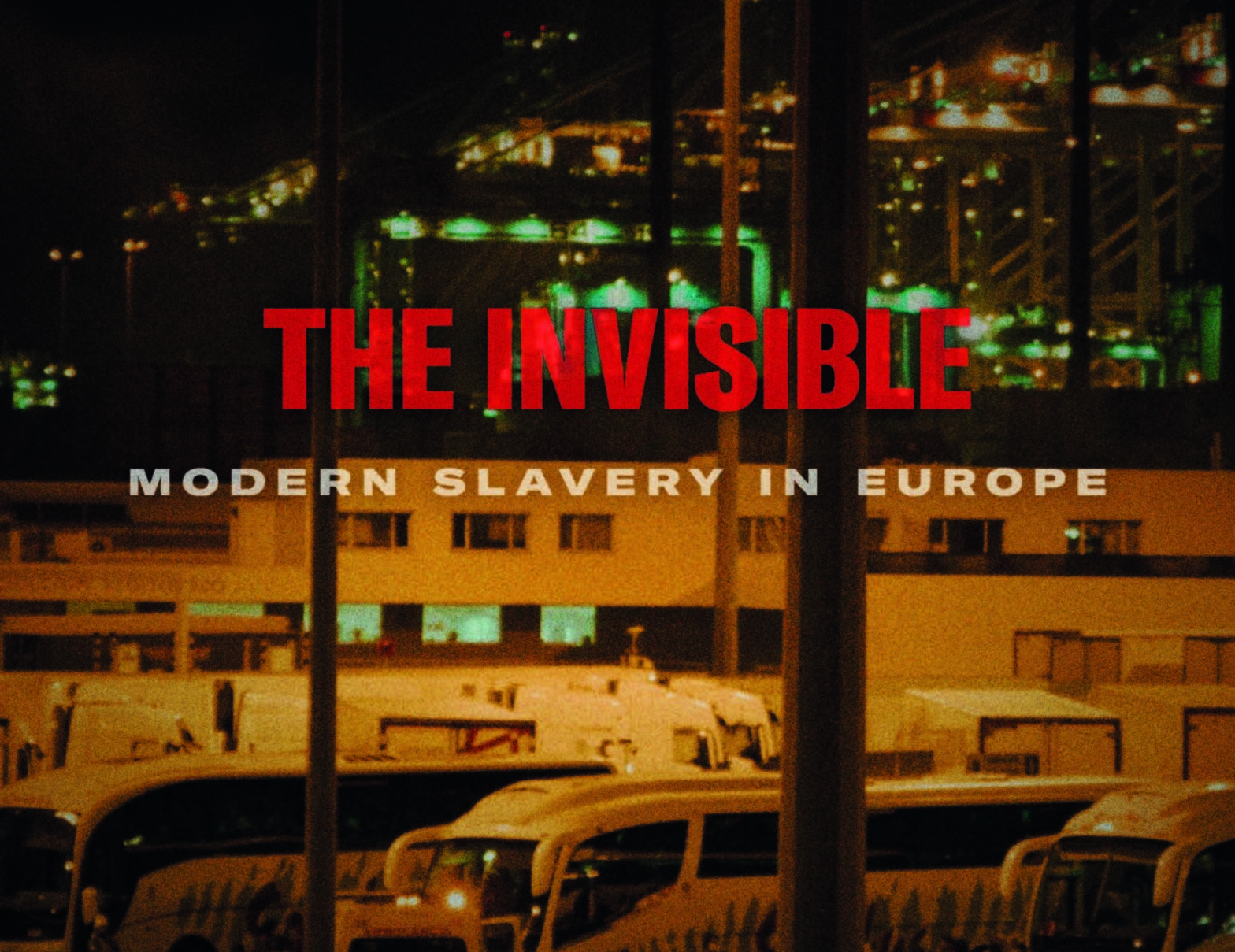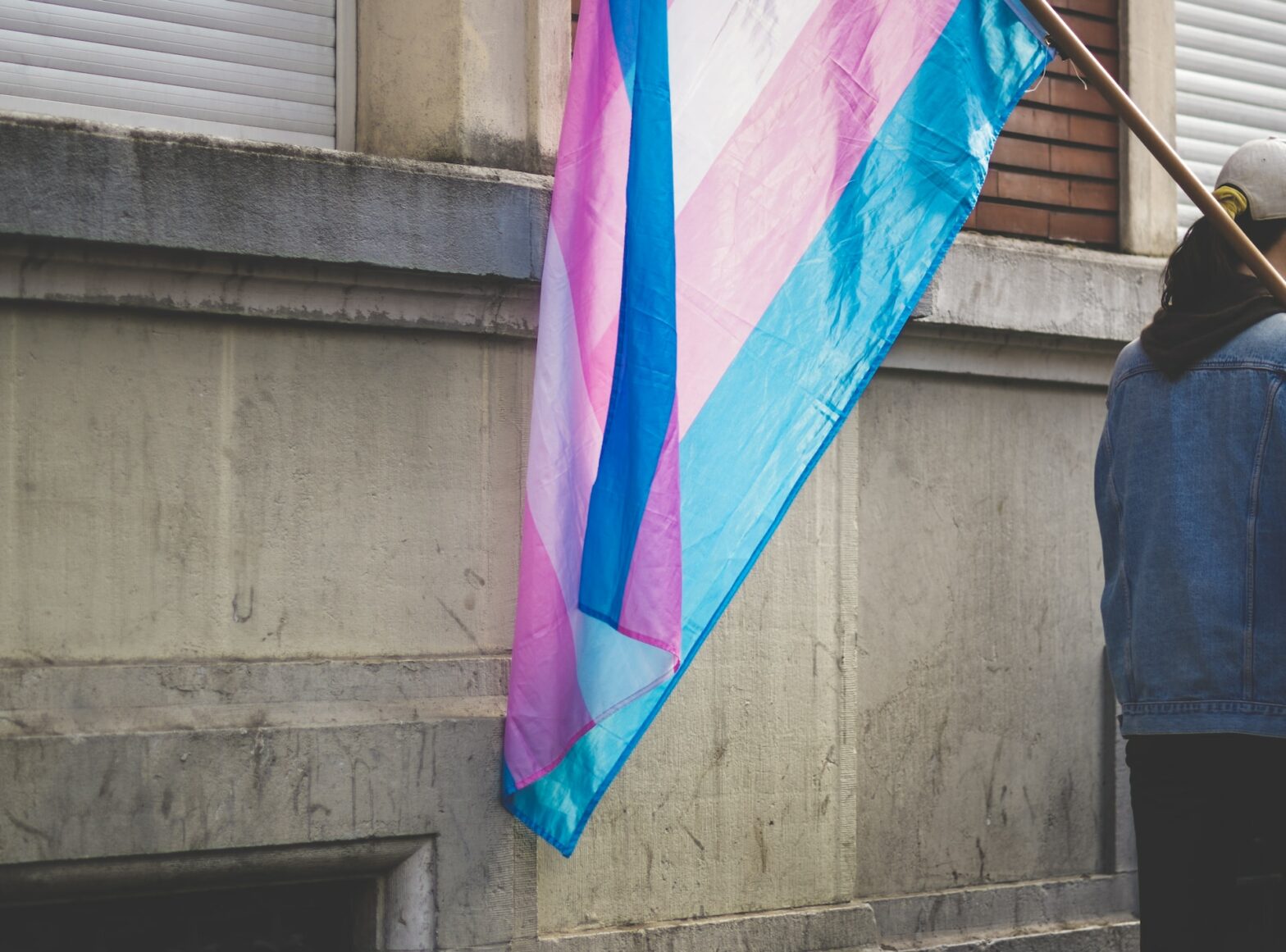Share Twitter Facebook Email Copy URL
Trans*, non-binary and gender non-conforming workers in international Geneva: Obstacles to the full realisation of the employment rights of workers with diverse gender identities and expressions
About the study
Since the early 2000s, the United Nations (UN) and other international organisations (IOs) and non-governmental organisations (NGOs) situated in Geneva have progressively paid more attention to various the forms of discrimination and violence faced by people based on their sexual orientation, gender identity and expression and sexual characteristics (SOGIESC). Several joint statements made by UN Member States as well as Human Rights Council resolutions have started highlighting violence and discrimination against LGBTI1 people. In 2016, the UN Office of the High Commissioner of Human Rights (OHCHR) created the mandate of the Independent Expert on sexual orientation and gender identity (IE SOGI). However, as pointed out repeatedly by UN-GLOBE, the internal employment situation still leaves much to be desired for LGBTQIA+ people. Trans, nonbinary, and gender non-conforming employees are especially disadvantaged compared to cis workers and continue to struggle with administrative, protocol- and human resource-related issues, safety and security-related challenges, health-related matters, and concerns linked to the absence of gender-neutral bathrooms. Here, we further explore the divergence between, on the one hand, official statements demanding an end to discrimination based on SOGIESC and related programming, and one the other hand, the internal everyday employment situation faced by trans, nonbinary, and gender non-conforming workers. The focus of this report is to interrogate how visible trans* employees within the UN in Geneva are – for instance, do they feel comfortable transitioning publicly in their workplace, what labour protections are offered to them, and is specialised health care provided for them?
A central goal is to close the gap between what we know about external commitments and programming for human rights protection based on SOGIESC by UN entities and other international organisations globally and how they behave internally – as employers themselves, are they able to provide these protections to their employees? How can it claim to protect workers around the world, if it fails to protect minoritized groups working within its own institutions? These are the questions that this research asks.
The study at hand applies an intersectional anti-oppression lens to identify key obstacles that hinder the full realisation of the employment rights of gender-diverse people. As described in chapter 1, the key data used in the analysis was collected between late February and late April 2022. Dr. Fey conducted 19 interviews with 23 individuals in total, ten interviews with 14 LGBT focal points, UN-GLOBE representatives, and DEI and HR personnel, and nine interviews with nine trans*, nonbinary, and gender non-conforming workers within International Geneva.
Why this study?
The employment situation of trans*, nonbinary, and gender non-conforming people working at different UN agencies, CERN, and other international organisations within International Geneva leaves much to be desired. Compared to private companies and other employers, these international organisations are lagging and do not ensure the full realisation of the employment rights of gender-diverse people. The main obstacles negatively affecting their everyday workplace experiences are substantive knowledge gaps on gender identity and expression, outdated forms, badges, and titles, and the lack of gender-neutral bathrooms. Key recommendations include targeted internal trainings on SOGIESC issues, an overhaul of data entry and storage systems, and adequate all-gender facilities.
About the author
Dr. Mira Fey obtained her PhD in Political Science and International Relations at the Graduate Institute of International and Development Studies in 2019. Between 2019 and 2021, she was working in the project “DEMENTIA DIAGNOSTIC BETWEEN CURE AND CARE. POLICIES, PRACTICES AND ETHICAL ISSUES IN THE SWISS CANTONS”, managed by Prof. Barbara Lucas at the HETS. Since September 2021, Dr. Fey has been managing the “TRANSVIS” project, focusing on the issues of trans* and non-binary people in Geneva. The project is funded by the Scientific Commission of the Social Work Domain of the HES-SO and subsidised by the Rosa-Luxemburg-Stiftung Geneva.
Webinar
On June 21st at 15:00 (CET), we organized a webinar to talk about the study and about what can be done to protect trans*, non-binary and gender non-conforming workers. Watch it below!



